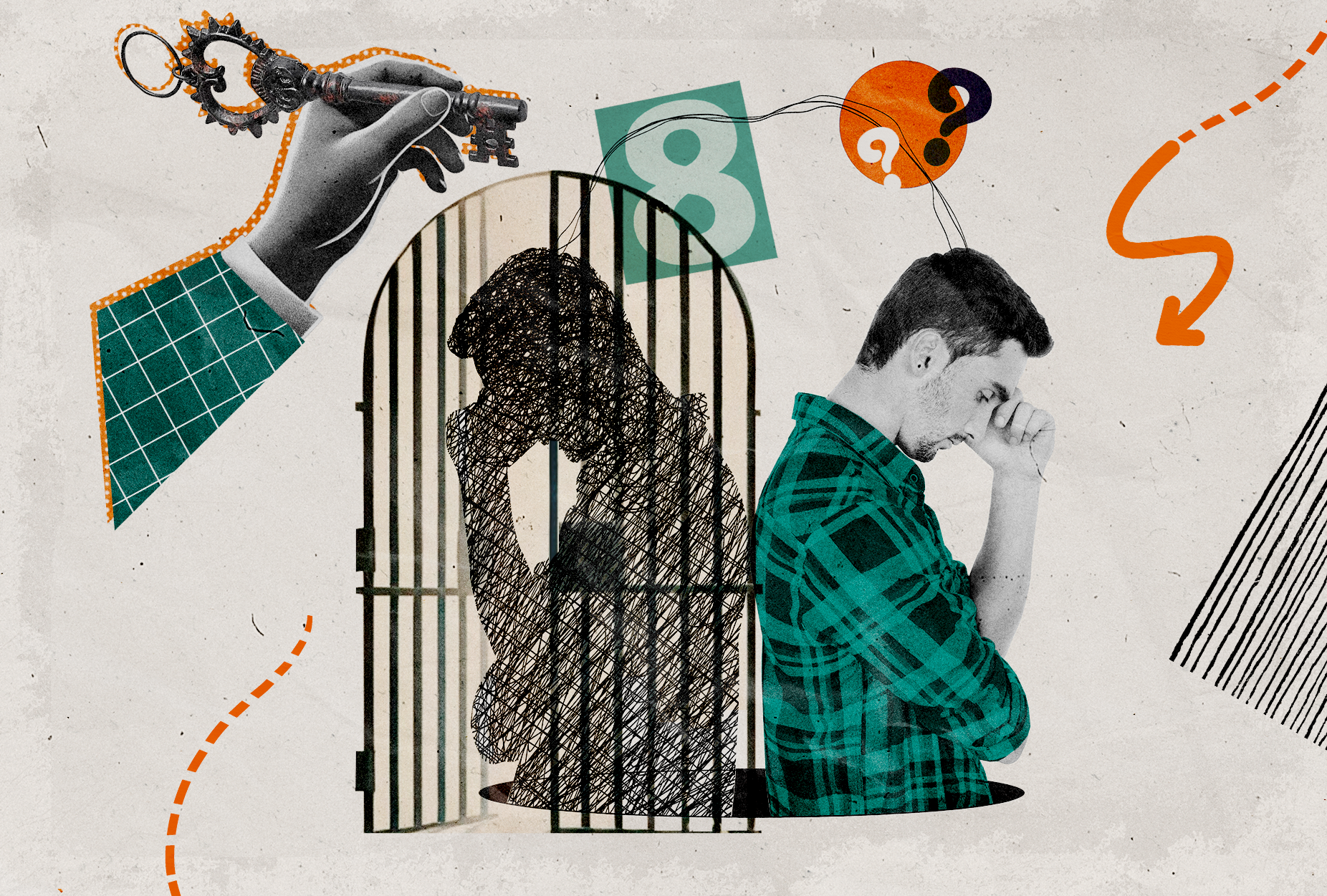What Is California’s Fair Chance Act?


People who leave prison deserve a fair chance to become productive citizens, and gainful employment is one of the best ways to rebuild a normal life. After all, someone with and without conviction history must support themselves and their families with a regular income. Working also helps those with conviction histories re-establish and strengthen their ties with the community. Each of these reduces recidivism and improves mental health.
Unfortunately, a conviction history can prevent people from getting the jobs they need. Many employers simply refuse to give someone with a criminal history a second chance. Without a job, many people turn back to crime.
Fortunately, California lawmakers are taking steps to help people with criminal convictions get back to work by strengthening existing laws. Also known as the “Ban the Box” law, the Fair Chance Act reduces barriers to employment for people with conviction histories.
History Of The Fair Chance Act
California legislators enacted the Fair Chance Act in 2018. This early version prohibits employers with 5 or more workers from asking a candidate about their conviction history before offering them a job. It also requires employers to notify candidates and to evaluate any factors before withdrawing a job offer due to the applicant’s criminal history. What’s more, it requires employers to give candidates the opportunity to explain the situation or provide further information before rescinding an offer.
In October 2023, California lawmakers amended the act to strengthen the notice and evaluation requirements, and increased employers’ legal responsibility to notify and evaluate an applicant’s criminal history properly.
Proposed legislation would place strict requirements on when an employer can request a criminal background check in the first place. It would also regulate how employers would evaluate the information they collect.
Introducing SB 1345
Lawmakers introduced SB 1345 in February 2024. It would make it illegal for an employer to force an applicant to waive their right to privacy about their criminal history as a condition of their employment, unless the employer can show that it is a “business necessity.”
A business necessity involves situations in which the employer:
- Must comply with laws or regulations
- Seeks to protect the business, its workers, and its property from harassment, theft, or workplace violations
How The Fair Chance Act Protects You
The Fair Chance Act prohibits a prospective employer from:
- Giving you an application that asks about your criminal history convictions before they have issued a conditional job offer to you
- Asking you about your criminal conviction history or evaluating it before making a conditional job offer
- Considering information about arrests that did not end in convictions, your participation in programs that lead to the dismissal, sealing, or eradication of pending charges, or convictions that have been dismissed, sealed, eradicated or expunged
After the employer offers you a job, they are allowed to conduct a criminal history check – but they can’t take back the job offer without first considering the nature and gravity of the crime, how much time has passed, and the nature of the job you are applying for.
Are You Trying To Find A Job, But Your Criminal Conviction Gets In The Way Before The Interview Even Begins? Contact Your California Employment Attorney At D.Law!
You’ve done your time and now all you want to do is to earn a living – but employers throw away your application before they even consider you. If so, they may have broken California’s Fair Chance Act. Take action now by contacting or calling D.Law. Our attorneys are experts in California employment law and worker’s rights – even workers with a criminal work history – and can help you get the job you deserve in the Bay Area, San Diego, Fresno, Los Angeles, and other CA cities.

Ready to get started?
Contact us now for a free consultation to find out how we can help you.



















